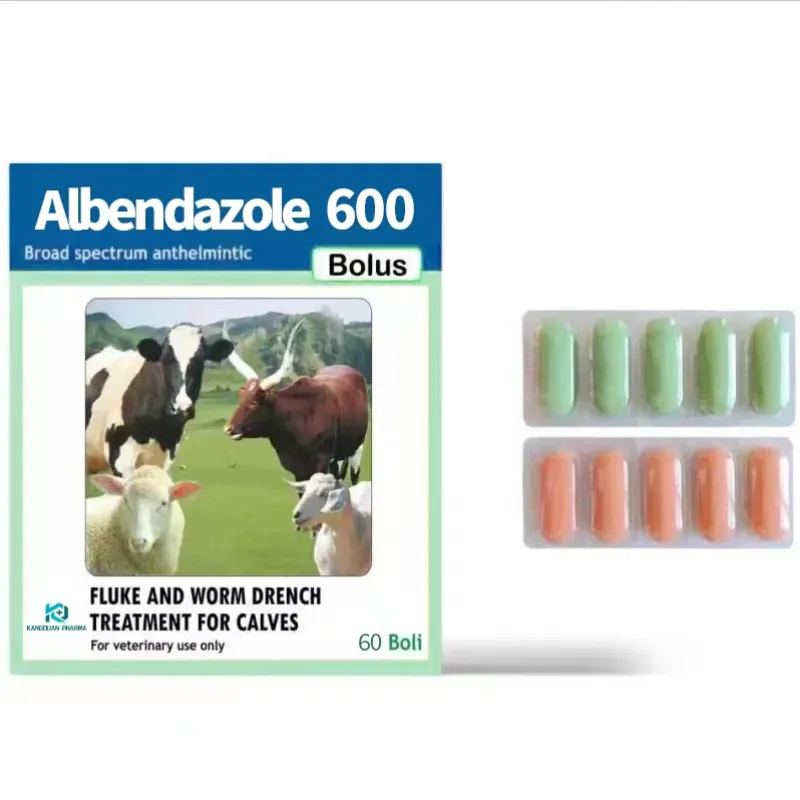- Afrikaans
- Albanian
- Amharic
- Arabic
- Armenian
- Azerbaijani
- Basque
- Belarusian
- Bengali
- Bosnian
- Bulgarian
- Catalan
- Cebuano
- Corsican
- Croatian
- Czech
- Danish
- Dutch
- English
- Esperanto
- Estonian
- Finnish
- French
- Frisian
- Galician
- Georgian
- German
- Greek
- Gujarati
- Haitian Creole
- hausa
- hawaiian
- Hebrew
- Hindi
- Miao
- Hungarian
- Icelandic
- igbo
- Indonesian
- irish
- Italian
- Japanese
- Javanese
- Kannada
- kazakh
- Khmer
- Rwandese
- Korean
- Kurdish
- Kyrgyz
- Lao
- Latin
- Latvian
- Lithuanian
- Luxembourgish
- Macedonian
- Malgashi
- Malay
- Malayalam
- Maltese
- Maori
- Marathi
- Mongolian
- Myanmar
- Nepali
- Norwegian
- Norwegian
- Occitan
- Pashto
- Persian
- Polish
- Portuguese
- Punjabi
- Romanian
- Russian
- Samoan
- Scottish Gaelic
- Serbian
- Sesotho
- Shona
- Sindhi
- Sinhala
- Slovak
- Slovenian
- Somali
- Spanish
- Sundanese
- Swahili
- Swedish
- Tagalog
- Tajik
- Tamil
- Tatar
- Telugu
- Thai
- Turkish
- Turkmen
- Ukrainian
- Urdu
- Uighur
- Uzbek
- Vietnamese
- Welsh
- Bantu
- Yiddish
- Yoruba
- Zulu
8 月 . 30, 2024 06:39 Back to list
Multivitamin Injection for Veterinary Use | Essential Nutrients for Pets
The Importance of Multivitamin Injections in Veterinary Medicine
In the ever-evolving field of veterinary medicine, the health and well-being of animals remain paramount. One emerging trend that has gained significant traction is the use of multivitamin injections for pets and livestock. These injections serve as a vital supplement to ensure that animals receive the necessary nutrients that may be lacking in their diets or that they cannot absorb efficiently.
Multivitamin injections are particularly beneficial in various scenarios. For instance, animals recovering from surgery or illness often experience nutrient depletion, making it difficult for them to regain their strength and vitality. In these cases, a multivitamin injection can facilitate a quicker recovery by providing essential vitamins and minerals directly into the bloodstream, bypassing the digestive system. This direct infusion ensures that the nutrients are readily available to the body's cells, promoting healing and overall vitality.
Another vital aspect of multivitamin injections is their role in preventive care. Just like humans, animals require a balanced intake of vitamins and minerals to support their immune systems and maintain optimal health. Inadequate nutrition can lead to a host of health issues, including weakened immunity, poor coat quality, and diminished energy levels. Veterinary professionals often recommend multivitamin injections as part of a holistic approach to animal health, especially for breeds that may be predisposed to certain deficiencies.
multivitamin injection for veterinary

Moreover, domesticated pets, especially those fed commercial pet food, may not always receive the complete nutrition they need. While many commercial diets are formulated to meet basic requirements, they may still fall short in specific vitamins and minerals. A multivitamin injection can bridge this gap, ensuring that pets lead healthy, active lives. For geriatric animals or those with chronic conditions, regular multivitamin supplementation becomes even more critical, as their dietary needs often change with age or illness.
In livestock, multivitamin injections play a crucial role in maximizing productivity. Farmers and veterinarians often face challenges such as deficiencies in feed quality, environmental stressors, and the so-called “performance gap.” By administering multivitamin injections, producers can ensure that their animals are receiving consistent nutrition, which can result in improved growth rates, enhanced reproductive performance, and overall better health within the herd or flock.
Despite the benefits, it is essential to approach multivitamin injections with caution. Over-supplementation can lead to toxicity, particularly with fat-soluble vitamins like A, D, E, and K. Therefore, these treatments should always be administered under the guidance of a qualified veterinarian who can assess the specific needs of each animal and recommend appropriate dosages.
In conclusion, multivitamin injections represent a significant advancement in veterinary care, offering a reliable method to enhance the health and vitality of animals. By ensuring that pets and livestock receive the nutrients they require, these injections can prevent deficiencies, promote recovery, and support optimal health. As awareness of their benefits grows, it is crucial to integrate such treatments thoughtfully into veterinary practice, ensuring the best outcomes for our animal companions and dependents.
-
The Power of Radix Isatidis Extract for Your Health and Wellness
NewsOct.29,2024
-
Neomycin Sulfate Soluble Powder: A Versatile Solution for Pet Health
NewsOct.29,2024
-
Lincomycin Hydrochloride Soluble Powder – The Essential Solution
NewsOct.29,2024
-
Garamycin Gentamicin Sulfate for Effective Infection Control
NewsOct.29,2024
-
Doxycycline Hyclate Soluble Powder: Your Antibiotic Needs
NewsOct.29,2024
-
Tilmicosin Premix: The Ultimate Solution for Poultry Health
NewsOct.29,2024













